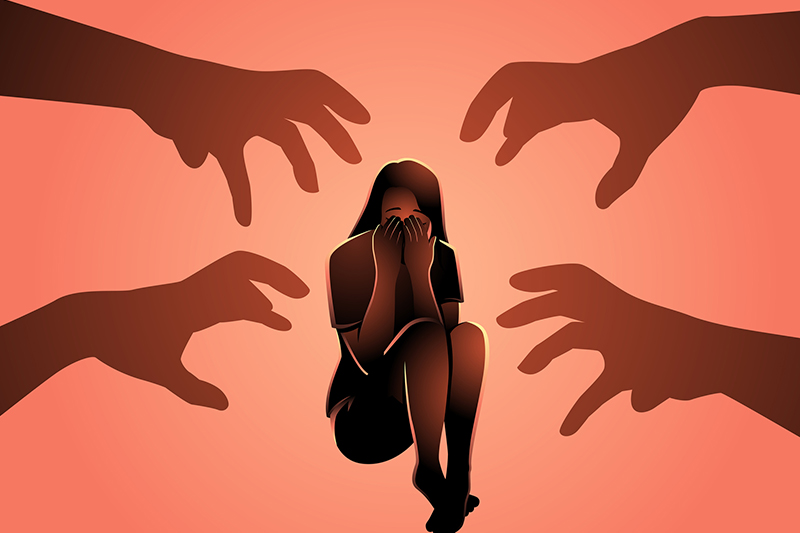In the latest “Right Track/Wrong Direction” national poll and the global “Happiness” rating, there is good news and there is bad news. The good news is that the United States is not the unhappiest country on earth (we currently rank #19). The bad news is a significant majority of our citizens (88% according to some estimates) believe we are headed in the wrong direction and pessimistic about turning that trajectory around.
A cursory analysis of politics, education, business, law, and pretty much any other sector of contemporary American society reveals why we are such an unhappy place – we are a citizenry afraid.
The United States has in recent years morphed from a bold, forward-looking, optimistic, and freedom-based society into one that is driven by fear. Not so much physical fear — although fear of crime is a very real and mounting concern — but rather the sense that people are afraid to openly and honestly communicate or interact with others, insofar as doing so may get them in trouble; in trouble with government regulators and snitches (usually referred to as “whistleblowers”), in trouble with social media, in trouble with co-workers, in other words, everyone out there.
Chicken Little would feel right at home in today’s America, because wherever she might turn the proverbial sky is primed and ready to fall.
The causes of this pervasive sense of fear and foreboding infecting our society are many, but topping the list would be the rise of social media and the expansion of government regulations (backed up with threats of fines and jail).
Query: is there any aspect of a citizen’s daily existence that does not include within it the potential violation of some government regulation or law, be it federal, state, or local? Criminal defense attorney Harvey Silverglate answered that question with a resounding “No” in his 2009 book, “Three Felonies A Day, How the Feds Target the Innocent.”
The research on which Silverglate premised his conclusions predated 2009, and he limited his analysis to only federal laws that ensnare the unwary. Considering the quantum leaps in the numbers and reach of regulations and laws since then, it becomes even more clear why everyday citizens today have good reason to fear being punished for actions they and common sense would deem innocent.
The advent of social media, in its infancy when “Three Felonies A Day” was published 13 years ago, dramatically underscores just how right Silverglate was to educate us about the growth of the federal government’s police powers.
Ironically, as our society has become increasingly regulated both officially by governments, and unofficially by social media companies, the powers that flow from those public- and private-sector regulators are being and perceived as being enforced selectively, unfairly, and even, as during the COVID-19 pandemic responses, haphazardly; at times with unforeseen consequences.
Such inherent uncertainty, unfair as it is, serves to exacerbate the fear factor with which citizens must be mindful as they navigate their interactions with other individuals and organizations.
As presented in George Orwell’s dystopian novel, “1984,” knowing that the government possesses the absolute power to catch and punish you, but not knowing when it will do so, is among the most useful tools by which a tyrannical government maintains control of the civilian population.
These are lessons well-known to government, to large corporations with their now-feared “DEI” (Diversity, Equity, and Inclusion) monitors, and to the Lords of Social media as they control the platforms they created. Being de-platformed or charged with DEI “insensitivity” or “racism” in whatever context, can devastate a user’s personal life or livelihood every bit as much as being indicted for a criminal offense.
Furthermore, as seen in the evidence presented against many, if not most of the January 6th defendants prosecuted federally, the power of the government to access individuals’ phone and social media communications in real-time as well as in retrospect, is opening the eyes of many individuals far beyond those actually charged with crimes on Capitol Hill that day.
America, once the consensus “Land of Opportunity,” no longer occupies that position in the eyes of eight out of ten of her own citizens. That is not a happy position to be in.























